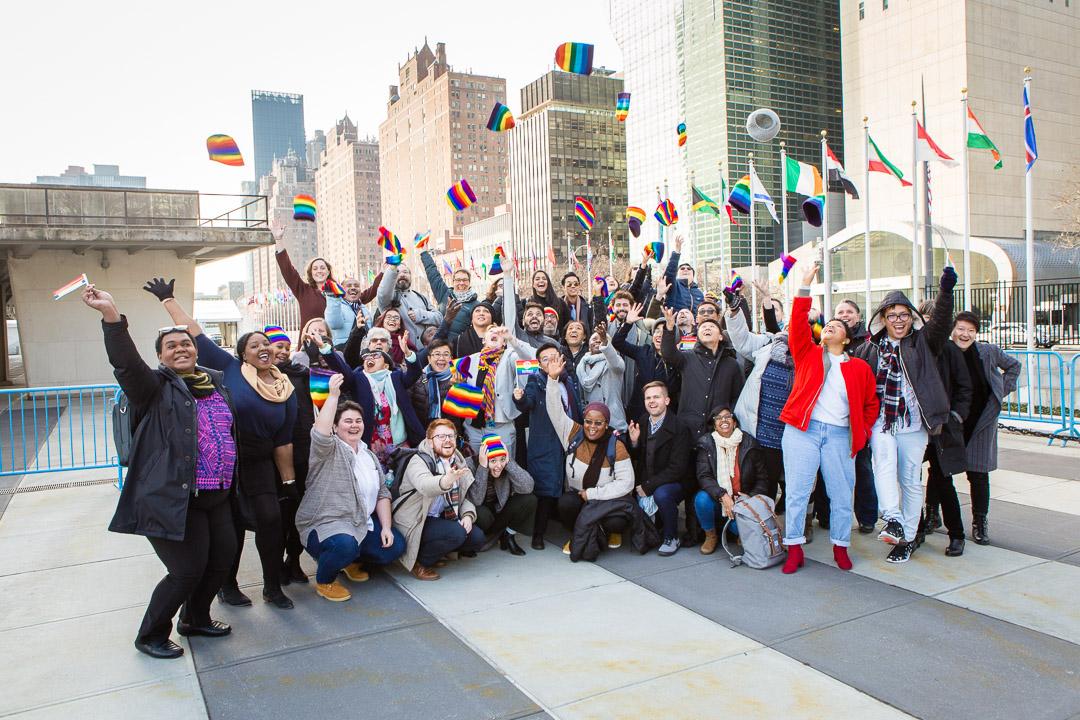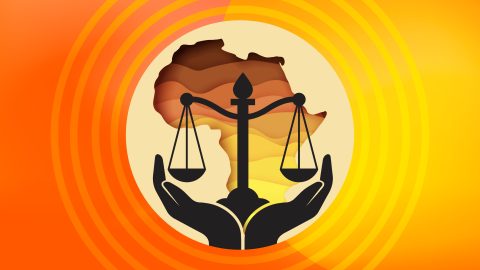
Report
The Applicability of African Human Rights Standards In Addressing Conversion Practices
Region(s)
TOPIC(s)
Author(s)
Publish Date
June 18, 2024
Share
This publication seeks to enhance the capacity of human rights defenders, survivors, civil society organizations, and other stakeholders in the fight against conversion practices. Drawing from African human rights standards, frameworks, and institutions, the report provides a detailed but user-friendly, and accessible guide for those looking to eradicate these harmful practices. The report is designed to be a resource for a wide range of stakeholders looking to make a difference in this area.
The findings of this study indicate that in recent years, the African human rights system has significantly progressed in its jurisprudence on issues affecting sexual and gender minorities on the continent but has not paid particular attention to conversion practices and their harmful effects.
In its statements and jurisprudence, the African Commission on Human and Peoples’ Rights has condemned various acts that are typically used in conversion practices, including sexual violence and abuse, whippings, and guided masturbation. The African human rights system has also addressed underlying issues such as notions of masculinity and femininity, harmful traditional and cultural practices, patriarchal attitudes, and discriminatory laws and policies, all of which perpetuate conversion practices. The protection of women’s rights and the eradication of sexual and gender-based violence provide areas of intersection with the eradication of conversion practices.
“The African human rights system plays a critical role in addressing conversion practices and promoting the human rights of all individuals in Africa, regardless of their sexual orientation or gender identity. While there is still much work to be done to raise awareness about the dangers of conversion practices, the African human rights system provides a valuable framework for addressing this issue. The African Charter and its protocols, as well as the work of the African Commission on Human and Peoples’ Rights, and the African Court on Human and Peoples’ Rights, offer a range of State obligations and recommendations on best practices that can be utilized to eradicate conversion practices in Africa.”
This report was researched and written by Dr. Ayodele Sogunro, Senior Postdoctoral Fellow at the Centre for Human Rights, Faculty of Law, University of Pretoria, and reviewed by Khanyo Farisè, Yvonne Wamari, Paul Jansen, and Neela Ghoshal for Outright International. Outright International would like to recognize its national partners, The Initiative for Equal Rights (TIERS), galck+, and Access Chapter 2, whose reports on the nature, extent, and impact of conversion practices informed the conceptualization of this publication and provided much-needed data on the manifestation of conversion practices in Africa.

Explore News and Commentaries
We share news, cultural media and advocacy of partners, activists and experts through the lens of LGBTIQ people working on international human rights.
Read Our Insights